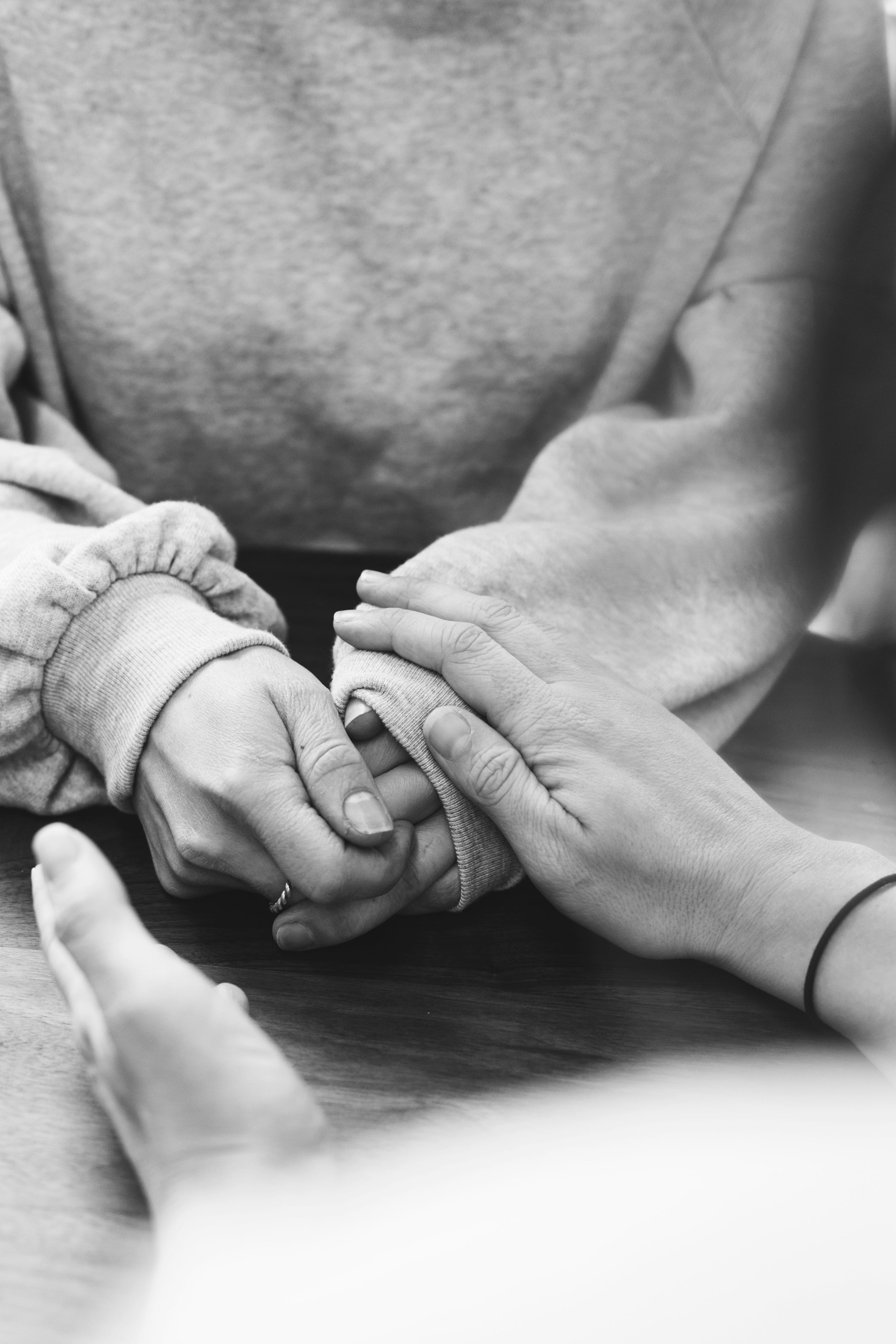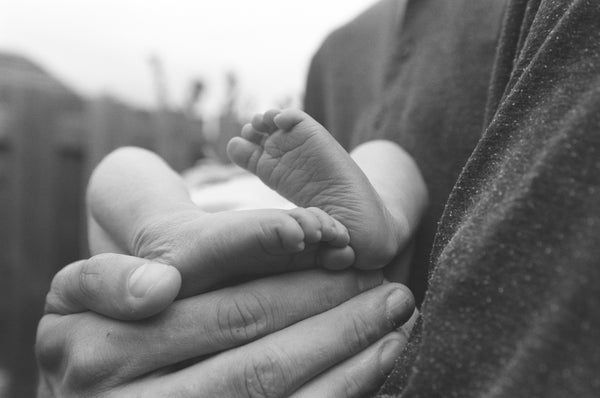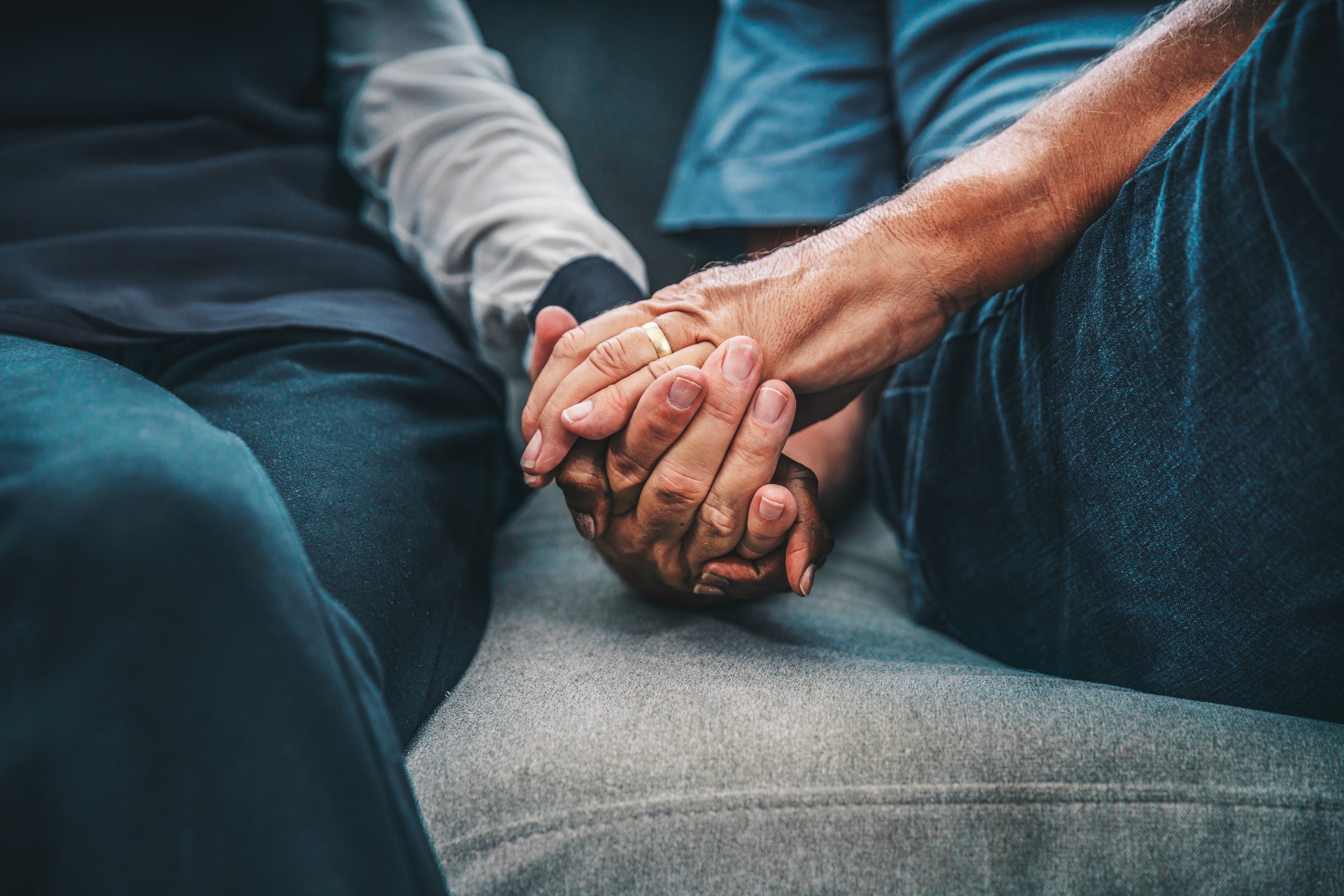Break Your Nail-Biting Habit for Good — Backed by Science & Real Results
You've tried everything - bitter nail polish, gloves, fake nails, fidget toys. But you always end up back with torn stubby nails. Sound familiar? That was me too.
-
Healthier Nails & Hands
No more painful, bleeding cuticles and torn skin.
-
Increased Confidence
No more hiding your hands in photos or meetings.
-
Stop The Relapse
Save money on ineffective polishes, gloves etcs
-
100% Money-Back Guarantee
Finally close this chapter of your life for good. Otherwise get your money back!*
Stop Nail Biting in 4 Weeks Course
- Self paced audio/written content
- Beautiful, healthy nails you're proud to show
- Stop hiding your hands in photos & social situations
- A proven system for lasting change
- Learn techniques you'll use for life, not just during the course
- Professional support and accountability
- Never feel alone in your transformation journey


After 35 years of nail-biting & countless failed attempts, I discovered how to stop for good.
Finally healthy, strong nails you'll be proud to show.

"My nails looked gross and I was always self-conscious about it, especially when I was holding a glass or doing a presentation. My partner kept telling me to just stop but like... if I could just stop, don't you think I would have by now?
It took about a month but now I actually have nails? It's weird. I don't even think about biting them anymore.
Still can't believe it actually worked."
What To Expect Each Week
Week 0: Foundation Setup: 2-3 days before starting
- 4 self paced audio/text modules + readiness quiz
Week 1: Building Your Foundation: Establishing tested routines and building awareness
- 3 self paced audio/text modules + quiz
Week 2: Mastering Your Response: Installing the interrupt technique
- 4 self paced audio/text modules + quiz
Week 3: Strengthening New Patterns: Deepening practice and building resilience
- 3 self paced audio/text modules + quiz
Week 4: Integration & Celebration: Locking in permanent change
- 2 self paced audio/text modules + quiz
Total Content: comprehensive text/audio modules, interactive quizzes, plus support throughout and ongoing materials.
Finally, Have Hands to Be Proud of


Research suggests nail biting serves multiple psychological functions. It's often a self-soothing behavior that helps regulate emotions, particularly anxiety and boredom. Studies show that perfectionists are more prone to nail biting—they may bite when feeling frustrated or unable to relax. The behavior also provides sensory stimulation and can become an automatic response to stress. Think of it as your brain's attempt to create calm in moments of tension, even though the long-term consequences work against you.
The evidence points to real health risks beyond appearance. Chronic nail biting can damage the nail bed permanently, leading to infections and slower nail growth. Your mouth harbors hundreds of bacterial species, and transferring these to open wounds around your nails creates infection opportunities. Research also shows that habitual nail biters have higher rates of dental problems, including tooth misalignment and jaw issues. The psychological impact matters too—many people report feeling embarrassed or lacking confidence due to their nail appearance.
Nail biting becomes neurologically entrenched through repetition. Each time you bite and feel temporary relief, your brain strengthens that neural pathway. The behavior often happens unconsciously—studies suggest people bite their nails up to several hundred times per day without awareness. It's also highly accessible; unlike other habits that require specific tools or locations, your nails are always available. The combination of automatic behavior, emotional regulation, and constant availability makes it particularly stubborn.
You're absolutely not alone—not even close. Research shows that roughly 20-30% of adults bite their nails regularly, which means in any room of 10 people, at least 2-3 others are likely dealing with this too. It's one of the most common body-focused habits, right up there with hair twirling and skin picking. The "childish" feeling comes from the fact that many people assume it's something you naturally grow out of, but the data tells a different story. Plenty of successful, accomplished adults bite their nails—they're just not talking about it at dinner parties.
Relapses are neurologically normal, not personal failures. Your brain has spent years or decades strengthening the nail-biting pathway, and stress or strong emotions can reactivate old patterns even after weeks of progress. Research shows that people who view relapses as temporary setbacks rather than complete failures are more likely to get back on track quickly. Think of recovery like building physical fitness—you wouldn't expect to maintain peak performance without ongoing effort.
This seems contradictory, but it makes perfect sense neurologically. Your brain uses nail biting to regulate arousal levels—it's trying to find that sweet spot of alertness. When you're stressed or anxious, biting helps calm you down. When you're bored or understimulated, it provides stimulation and focus. Think of it like a thermostat for your nervous system, trying to keep you in a comfortable zone. This dual function is actually why the habit becomes so entrenched.
These episodes often happen when you're in a particular mental state—perhaps deeply focused, anxious, or zoning out. Once you start, the repetitive behaviour can become almost meditative or trance-like. Each bite provides momentary satisfaction, but also creates new imperfections to "fix," keeping you in the cycle. It's similar to scrolling social media mindlessly—you get into a flow state that's hard to break. These sessions often end when something interrupts you or when you suddenly become aware of what you're doing.
Most people begin between ages 3-6, with a peak around 7-10 years old. It often starts during times of transition or stress—starting school, family changes, or when children are developing better fine motor control and simply discover they can do it. For many, it becomes deeply ingrained during these formative years, which explains why it can feel so automatic decades later. Some people do start as teenagers or even adults, usually during particularly stressful periods.
Nothing's wrong with you at all. Bitter polishes fail for loads of people, and there are several reasons why. First, if your nail biting is largely unconscious, you might bite right through the taste without really registering it. Second, many people actually develop a tolerance to the bitter flavour over time. Third, if you're biting during emotional stress, the temporary unpleasant taste often isn't enough to override the psychological need for the soothing behaviour. You're not weak or lacking willpower—you just need different strategies.
Hold on before throwing in the towel. What you've described suggests you've tried lots of "surface level" solutions without addressing the deeper patterns. That's where Method Nails can help.
Not ready to quit nail biting yet?
Not ready to quit nail biting yet?
Join our email list for exclusive offers and the latest news.




